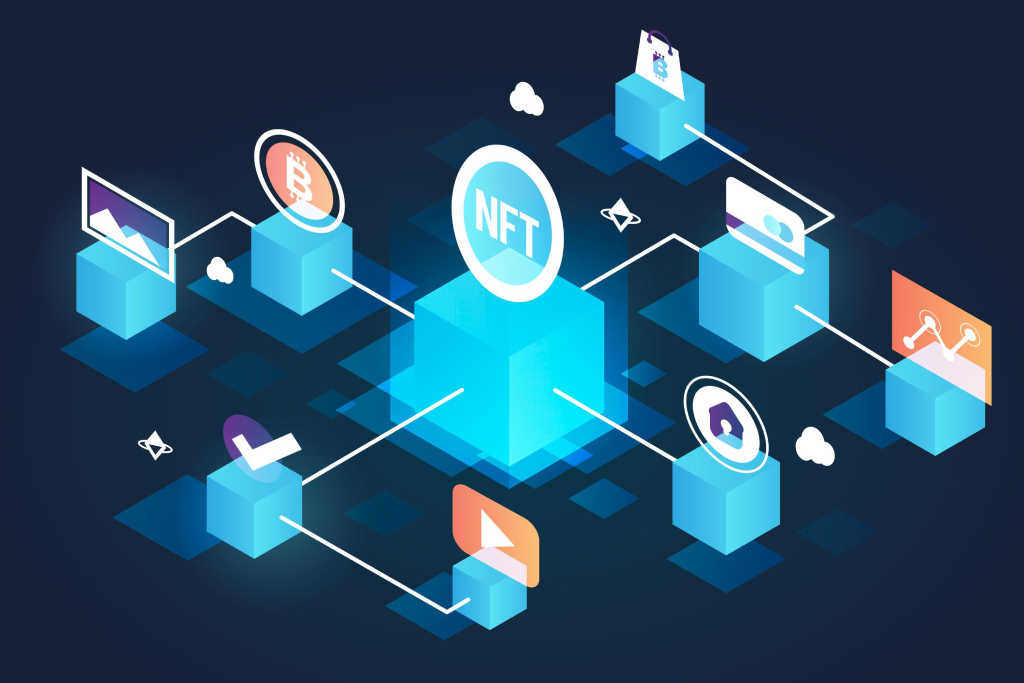Introduction:
In the ever-evolving landscape of digital finance and blockchain technology, cryptocurrencies have gained widespread recognition. While the term "cryptocurrency" is often associated with big names like Bitcoin and Ethereum, the ecosystem extends beyond these digital currencies. Within the realm of cryptocurrencies, there exists a concept known as crypto tokens, which have their own unique characteristics and use cases. This article explores the world of crypto token development services, shedding light on what they are and how they contribute to the broader blockchain ecosystem.
Understanding Crypto Tokens:
Crypto tokens can be thought of as digital assets or units of value that are created and managed on a blockchain network. Unlike cryptocurrencies such as Bitcoin, which operate on their own independent networks, crypto tokens are typically built on existing blockchain platforms, such as Ethereum or Binance Smart Chain. These tokens leverage the underlying infrastructure and functionalities provided by the chosen blockchain, enabling a wide range of applications.
Types of Crypto Tokens:
Crypto tokens can be categorized into various types, each serving a distinct purpose within the blockchain ecosystem:
Utility Tokens: Utility tokens are designed to provide access to a specific product or service within a blockchain platform. They act as a form of digital coupon or voucher, granting users certain privileges, such as discounts, access to premium features, or participation in a decentralized application (DApp) ecosystem.
Security Tokens: Security tokens represent ownership of underlying assets, similar to traditional securities. These tokens are subject to regulatory frameworks and may provide rights to dividends, profit sharing, or voting privileges. Security tokens bring the benefits of blockchain technology to traditional financial instruments, offering increased transparency and liquidity.
Governance Tokens: Governance tokens empower holders to participate in the decision-making processes of a decentralized network. They enable token holders to propose and vote on protocol upgrades, funding allocation, and other governance-related matters. Governance tokens play a crucial role in decentralized autonomous organizations (DAOs) and blockchain-based governance models.
Non-Fungible Tokens (NFTs): NFTs are unique digital assets that represent ownership of a specific item or piece of content, such as artwork, collectibles, or virtual real estate. NFTs have gained significant attention for their ability to prove authenticity and ownership in the digital world, revolutionizing industries like art, gaming, and digital collectibles.
Crypto Token Development Services:
Crypto token development services encompass the technical expertise and tools required to create, deploy, and manage crypto tokens on a blockchain network. These services are typically offered by specialized blockchain development companies or experienced development teams. Some key aspects of crypto token development services from https://blaize.tech/token-development-services/ include:
Smart Contract Development: Smart contracts form the foundation of most crypto tokens. These self-executing contracts define the rules and logic behind token issuance, transferability, and associated functionalities. Expertise in smart contract development languages, such as Solidity for Ethereum, is crucial for creating secure and reliable tokens.
Token Economics and Design: Tokenomics refers to the economic model and distribution mechanisms of a crypto token. Professionals providing token development services help design and optimize token economics to align with project goals, ensuring sustainable growth and incentivizing network participants.
Token Security Audits: Security is paramount in the blockchain space. Development teams conduct comprehensive audits to identify and mitigate vulnerabilities in token contracts, preventing potential exploits or attacks. These audits help build trust and ensure the safety of token holders and the network as a whole.
Token Integration and Wallet Development: Crypto tokens need to be seamlessly integrated into wallets, exchanges, and other platforms to enable easy storage, transfer, and trading. Development services often include the creation of user-friendly wallets and integration with existing blockchain infrastructure.
Conclusion:
Crypto token development services play a vital role in the creation and deployment of digital assets on blockchain networks. By leveraging these services, businesses and projects can unlock the power of crypto tokens, enabling innovative use cases, fostering decentralized ecosystems, and transforming traditional industries. As the blockchain space continues to evolve, the demand for crypto token development services is expected to grow, leading to new opportunities and possibilities in the world of digital finance.







